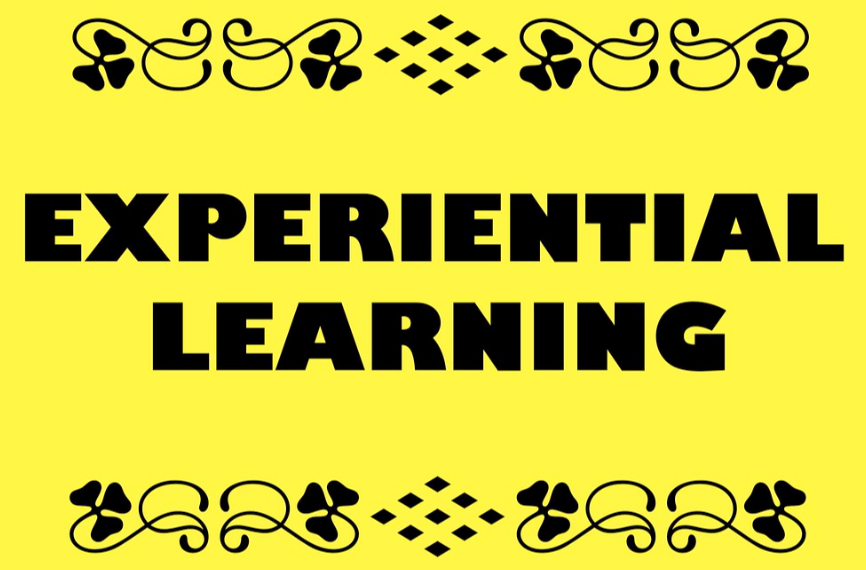Experiential Learning 101

What is Experiential Learning?
Experiential learning is an educational approach that emphasizes learning through direct experience, reflection, and application. Rather than relying solely on traditional classroom instruction, experiential learning encourages students to engage in hands-on activities, real-world experiences, and active participation in their learning process.
Experiential learning can take many forms, including internships, fieldwork, service-learning projects, simulations, role-playing exercises, group discussions, and collaborative projects. It’s often used to complement traditional classroom instruction, providing students with opportunities to deepen their understanding, develop critical thinking skills, and gain practical experience relevant to their field of study or future career aspirations.
Who uses experiential learning?
All MBC/HIM students should engage in experiential learning. We will offer various activities, events, and trips throughout the year. However, students in the HIM Associate degree program are required to complete an externship that concludes at the end of their program.
HIM Associate degree students start HIM courses after completing the MBC certificate part of the program (first 6 modules). At this time, students are placed in the Externship Success Guide (ESG) Module (aka PPE Prep Module – module 7) which will assist with the process of satisfying the externship requirements. Externship requirements are completed and finalized in the HIM299 capstone course (module 11).
How do you prepare?
Students are placed in the Externship Success Guide (ESG) Module (aka PPE Prep Module) when they start taking the HIM courses in module 7 and they will have access to the ESG for the remainder of the program.
Experiential Learning and your Resume
- Repurposing your college experiences on your resume
- How can experiential learning help you stand out on your resume?
- How do you format and organize your experiential learning section on your internship resume?

AHIMA Career Map
The AHIMA Career Map features in-depth information about the many career options for HIM professionals. It includes salary study results, job data, and self-assessments to measure your readiness for a new role.
